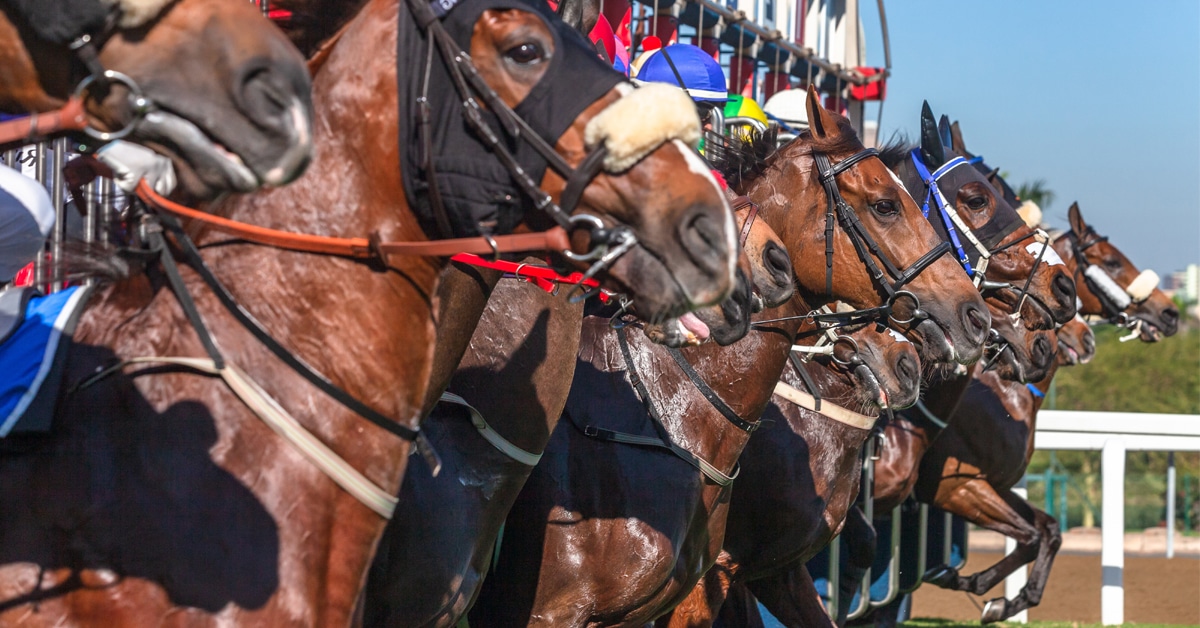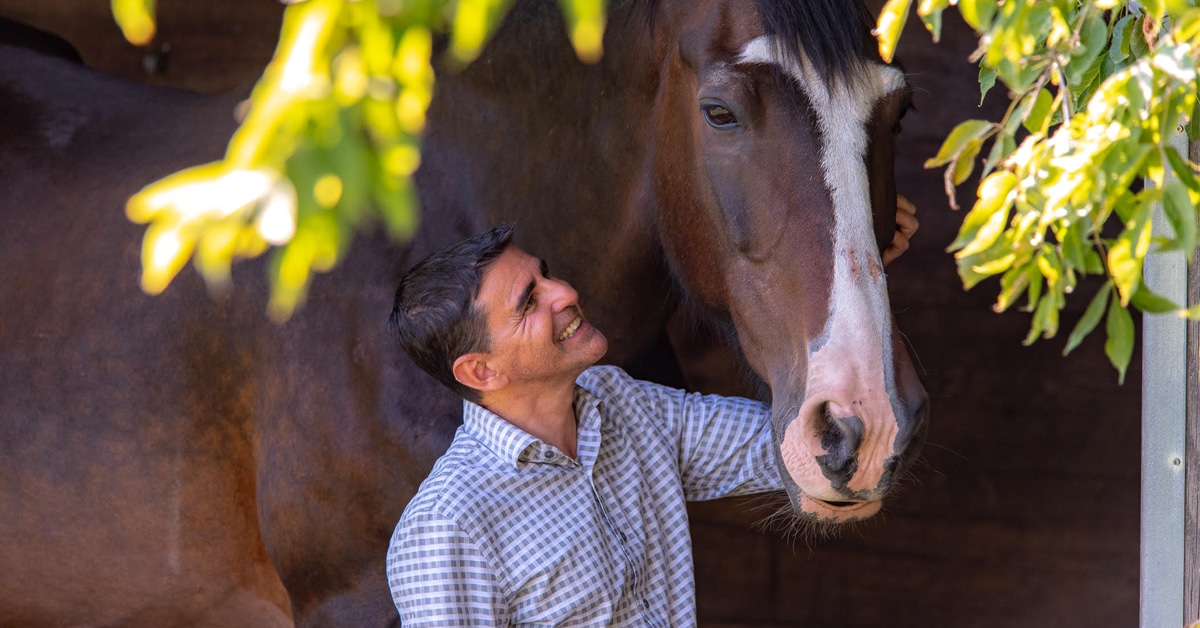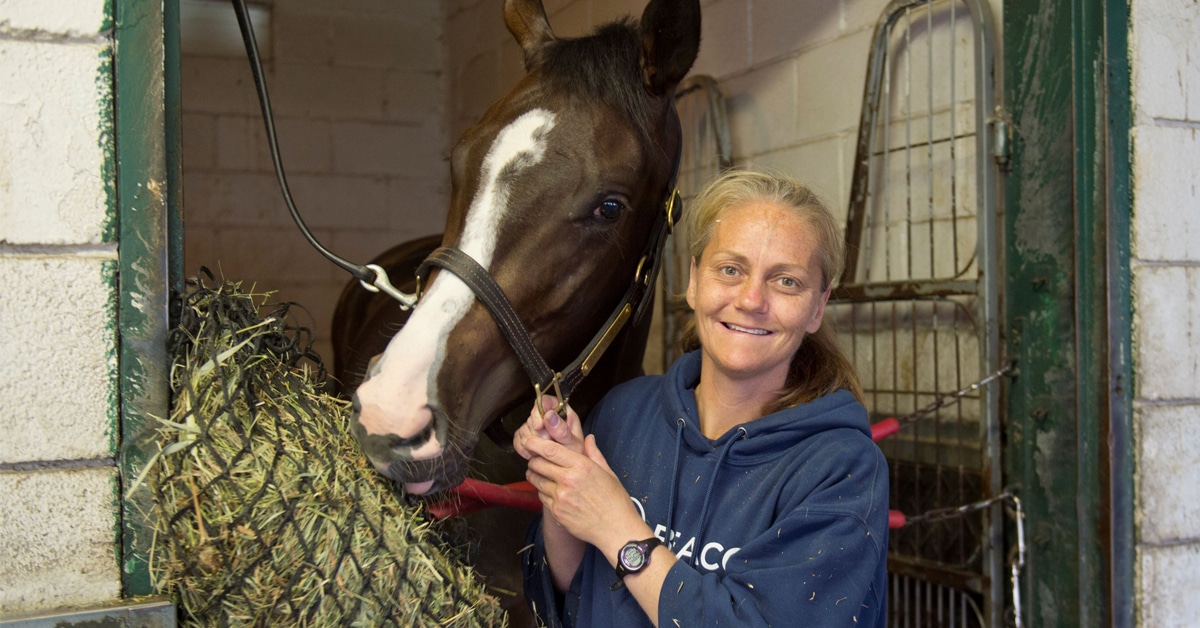It should come as no surprise to regular readers of this column that the longshot winner of race 4 at Woodbine Friday that resulted in the takedown of the $26K Power Pick 6 pool came in a race for non-winners of two races lifetime. The longest shot in the field, Gus’s Gamble at 38-1, won the condition that often has the most chaotic results, especially if it’s a bottom level $7,500 claimer as this race was. The pick-6 paid $26,288 for a 20-cent ticket.
The other legs of the pick-6 wager were handicappable in the usual way, with only one other leg with a win price above $10. The win prices of six legs were: $7.20 (maiden claimer), $8.30 (nw3L), $78.50 (nw2L), $4.80 (nw3L), $6.20 (maiden special weight) and $16.20 (maiden optional claimer). My suggestion has been to take “all” horses in nw2L races in your horizontal exotic wagers.
You’ll note above that the two legs for non-winners of three races lifetime were entirely predictable, with horses paying $4.80 and $8.30. So once horses have won two races, they’re pretty much on their way to more success. Some get stuck in the nw2L condition for what could be a long time and never emerge. They seem not to possess that extra competitive nature to want to beat other horses — and may win simply by accident. The most likely race winners are those who are able to get a clear unchallenged lead or are class-droppers.
The favourite in that race finished fourth. Ahead of him were horses at odds of 10-1 and 29-1. In fact, the first three finishers in the eight-horse field were the longest-priced horses in the race. A 20-cent box of those three bombs-away horses cost $1.20 and paid $387. If you’re a longshot player, this is obviously the race condition to look for.
What about the winners of this race condition in other Woodbine races from Friday to Sunday? On Saturday, an 8-1 horse beat the 4-5 favourite in race 7 and, in race 8, a 10-1 horse won the race while the favourite finished last. And on Sunday a 7-1 horse won race 9. But favourites DID win races 2 and 3 that had short fields of seven and five horses.
LABOUR DAY CHALLENGE: Want to take on the challenge of playing nw2L races at Canadian tracks today? Woodbine has cancelled their card due to high heat and humidity, but try Fort Erie in race 2 and at Assiniboia Downs in races 1, 4 and 5. Hey, you might hit for a bundle!
What to do when facing plodders in a field with first-time starters
Is this an original strategy when it comes to betting maiden races with first-time starters? It’s an angle that looks beyond breeding, trainer stats and workouts.
This was the scenario in race 3 at Louisiana Downs last Tuesday. It was a field of 11 maidens, seven of which were dropping from maiden special weight to this $12,000 claimer and the other four were first-time starters. You automatically might think that the class-droppers have the best chance of winning. But then you notice all seven of the class-droppers are plodders. None of them has shown any early zip. The best Equibase pace number for any horse is 54. That’s slow.
So what might come to mind? That surely at least one of the first-time starters has more speed that any of the plodders. And you would be right. In fact, three of the four first-time starters finished one-two-three. So that in itself is a reason for betting first-time starters, isn’t it? Do so when none of the experienced runners have any early speed. The three top finishers had odds of 7-2, 27-1 and 18-1. A $1 triactor paid $1,062.
What seemed remarkable in that Louisiana race is that the class drop from maiden special weight to claiming ranks made no difference. A plodder is a plodder is a plodder, regardless of the class.
The Latest










